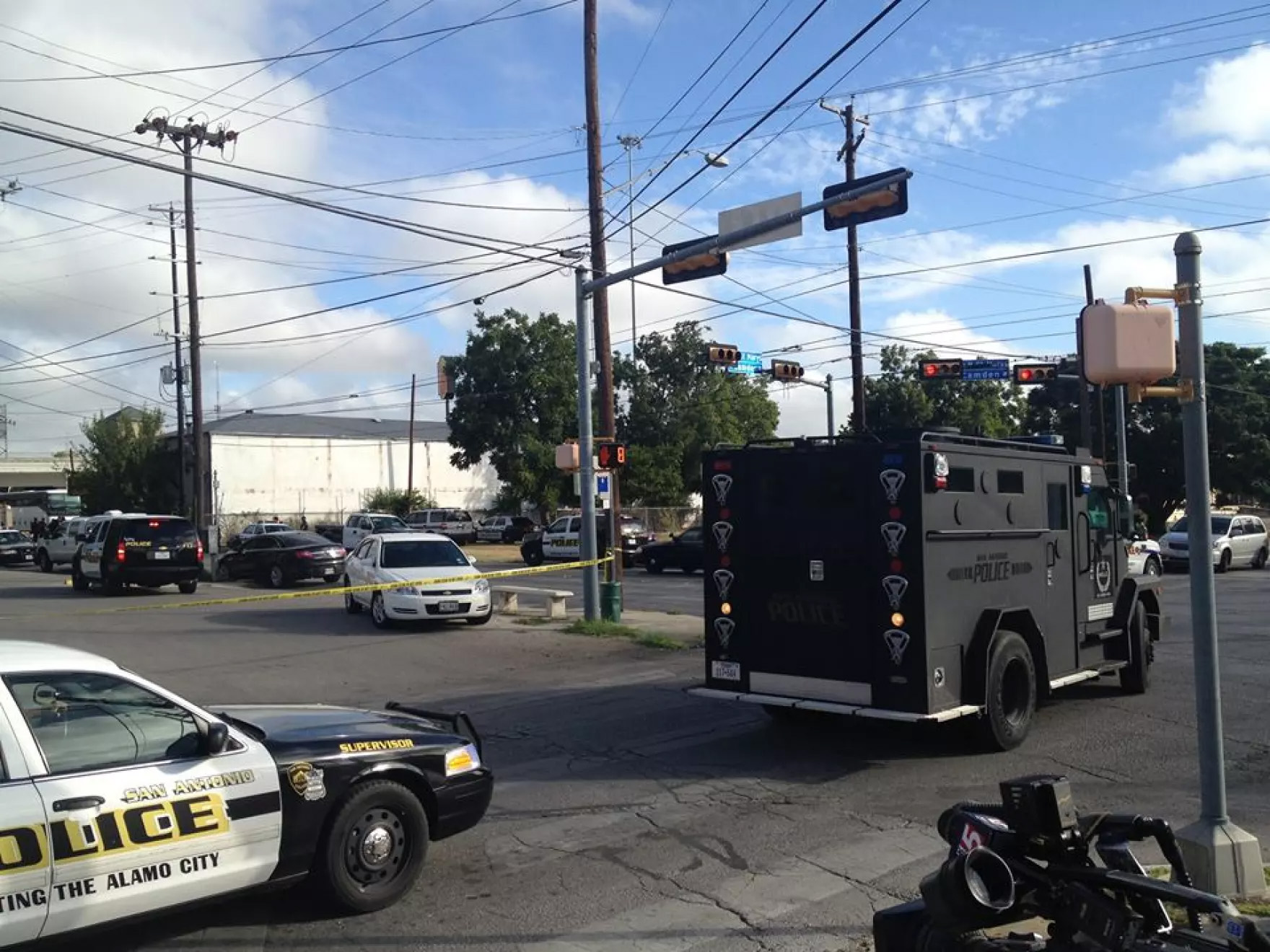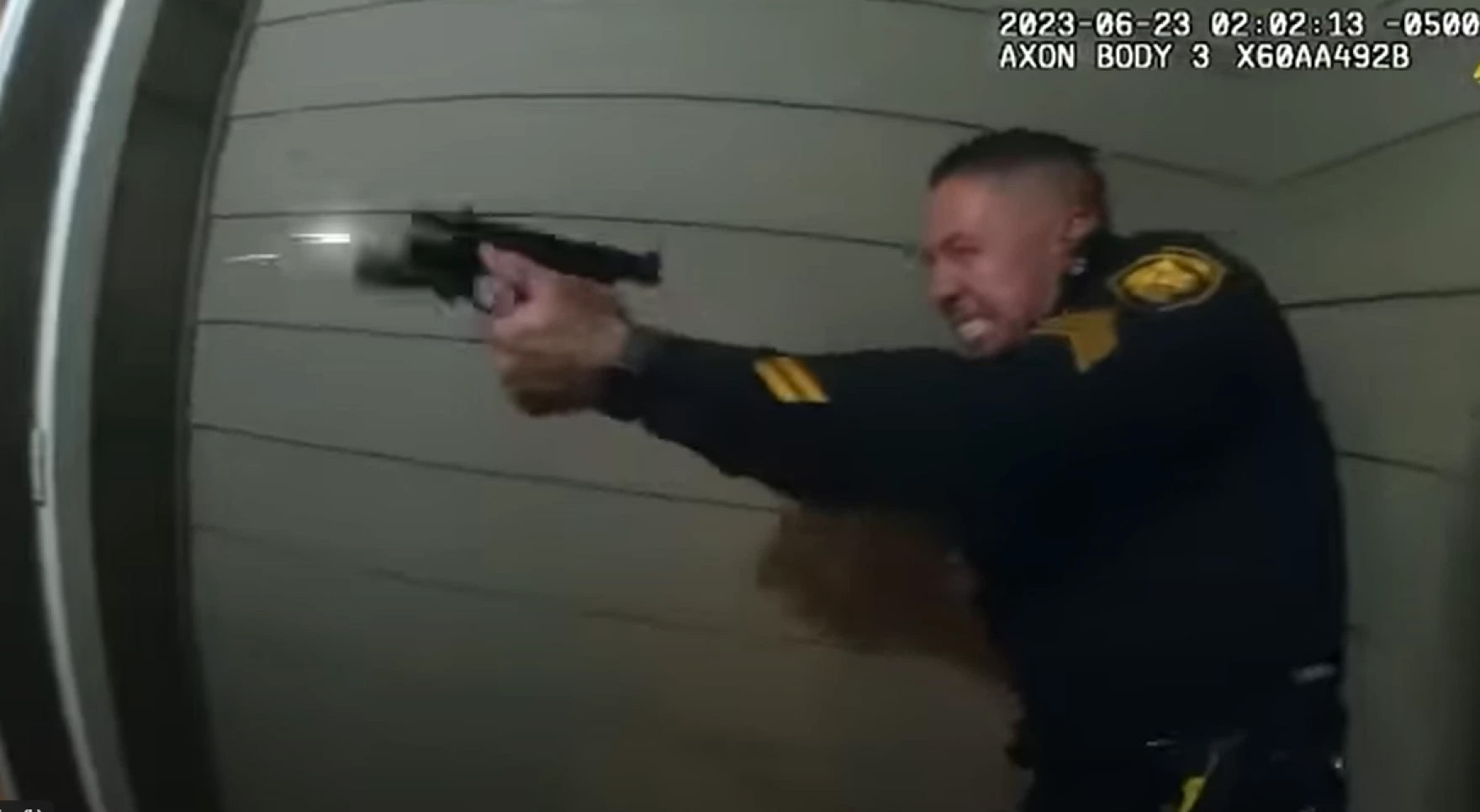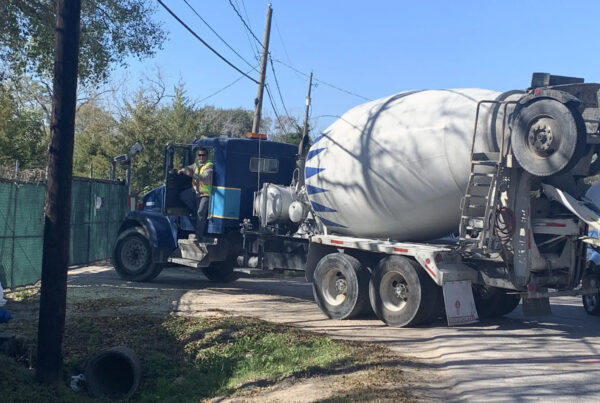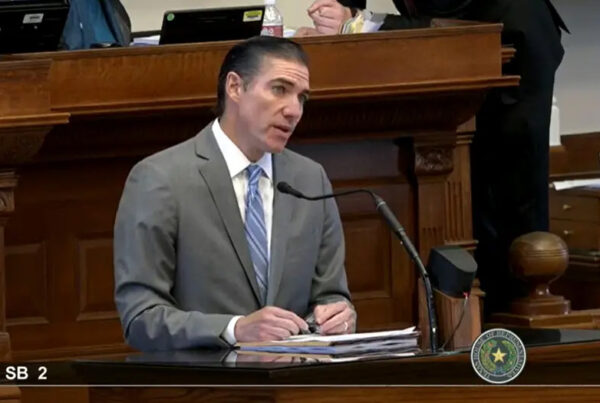From Texas Public Radio:
It’s been more than two weeks since three San Antonio police officers found Melissa Perez in a mental health crisis and fatally shot her. Her family has filed a lawsuit, and the police department charged its officers with murder.
Perez’s family said the incident was just the latest in a culture of excessive force that doesn’t properly supervise its armed officers.
Disciplinary records of two of the officers raised questions about how the city holds its officers accountable.
The city and its police force quickly condemned its officers for shooting Perez. Within a day they had arrested the Officers Nicholas Villalobos, Eleazar Alejandro and Sgt. Alfred Flores — even before the ballistics reports were in.
Lawyers for the men argued the arrest was rushed. One said it wasn’t clear whose bullets had struck the woman, so three men may have been arrested when only one was actually responsible. Beyond that, lawyers maintained that the men acted appropriately under the law.
Undoubtedly, the speed of the arrest was intended to send a message to the community that this was an egregious act. But Chief William McManus also pointed out that this was an isolated case.
“We have no gap in our training, or our policies that would have allowed for this to happen. …” he said.
But the recently filed federal lawsuit against the police caused critics to wonder — what good are SAPD policies if officers don’t observe them?
TPR found eight suspensions between Alejandro and Flores, many of them for serious violations of policy. Flores was nearly fired in 2017 for an off-duty altercation and an investigation that found he was regularly leaving his patrol area to go home. The indefinite suspension was changed to one for 10 days. Alejandro unnecessarily broke down a door in a person’s house.
“What you saw here [in disciplinary reports] was officers who were engaging in conduct that was not only outside of policy, but sort of had the character of officers being on kind of a law unto themselves,” said Jonathan Smith, former chief of the special litigation section of the civil rights division at the Justice Department.
He spent years investigating police departments for pattern and practice violations.
Smith said the record of Flores was especially troubling because he was able to rise through the ranks — promoted twice — despite several serious infractions in a short period of time.
“Suspensions of this length are unusual,” he said. “I mean, Flores from 2017, 2018, 2019 and 2021 — he had three serious infractions. That gets really close to career ending [behavior] in most departments.”
Smith observed SAPD also doesn’t take past infractions into account or issue progressively harsher punishments — as other police departments have done.
In a statement to TPR, a department spokesman pointed to some discretion given to commanders to not promote because of suspensions.
“Unless the department head has a valid reason for not appointing the person, the department head shall appoint the eligible promotional candidate,” the local government code explains.
But he said until recently, past union contracts had prevented them from progressively punishing officers fully. The past contract limited how far back they could look.

















